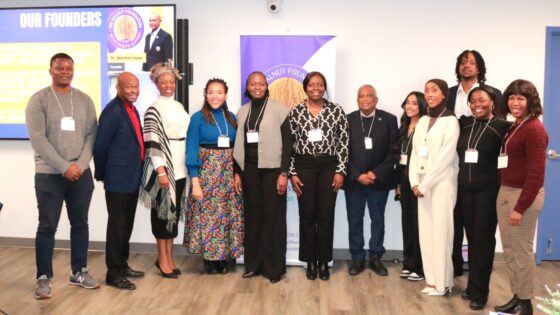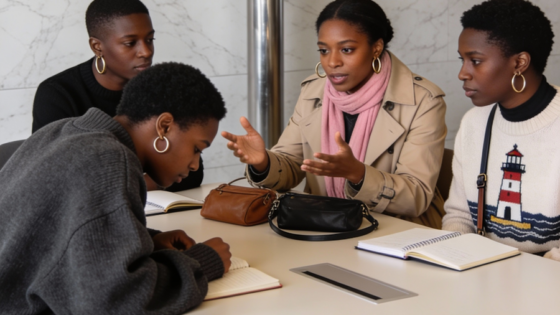on
BY SIMONE J. SMITH
“What is it about these diet drinks? Is it something about the sweeteners? Are they doing something to our gut health and metabolism? These are questions we need answered.” Yasmin Mossavar-Rahmani (an associate professor of clinical epidemiology and population health at the Albert Einstein College of Medicine)
Case IX-J-I
A 10-year-old girl began consuming various aspartame products at the age of eight, initially during summer weekends. She developed marked swelling of one shoulder which then involved the neck. Her arm almost tripled in size. There was no history of allergies or aspirin use. The patient also evidenced a high fever, pleural effusion (fluid in the lung cavity), striking enlargement of both the liver and spleen,
Case IX-J-2
A 62-year-old man developed severe gastrointestinal problems while ingesting aspartame products. He developed “an erratic blood count, with red and white cell imbalance, and platelets off some.” He received “cortisone” for six months when his condition was diagnosed as “an immune deficiency problem.”
His daughter suffered intense abdominal pain, a bleeding peptic ulcer, severe headache, and repeated grand mal convulsions when she used aspartame products. A granddaughter had Phenylketonuria (Chapter XVII) at birth, and subsequently manifested severe learning deficiencies.
Case XI-J-4
A registered nurse developed hypertension and a platelet count under 30,000 during her third pregnancy. Neither of these features had been noted in previous pregnancies. She began using diet colas after the birth of her second child. Other symptoms included severe headache, depression, loss of hair, and symptomatic reactive hypoglycemia.
Case IX-J-5
A 41-year-old woman consumed diet cola for fourteen years. She experienced many symptoms of aspartame disease for three years, including headache, visual problems, severe aching of the joints, numbness of the left hand, and easy agitation. Her white blood cell count was only 460 (normal 4000-10,000), for which no other cause could be determined.
There are more stories in relation to a substance that is found in many products; aspartame. According to the Food and Drug Administration, aspartame is safe for human consumption within the currently established nutritional guidelines, but questions concerning its effects on heart health and cardiovascular disease still exist. When you read cases like the ones presented earlier, it is easy to see why there are questions.
I thought it was important to present this information to the African-Caribbean community again, because some of the studies have been done on our community to see exactly how the use of aspartame affects us.
Research has found that drinking two or more of any kind of artificially sweetened drinks a day is linked to an increased risk of clot-based strokes, heart attacks and early death in women over fifty (American Heart Association and American Stroke Association). There has also been previous research conducted that shows a link between diet beverages and: stroke, dementia, Type 2 diabetes, obesity, and metabolic syndrome. These are confirmatory studies showing a relationship between artificially sweetened beverages and vascular risks, and although they cannot show causation, it does wave some yellow flags.
In one study, women who consumed two or more artificially sweetened beverages each day were 31% more likely to have a clot-based stroke, 29% more likely to have heart disease and 16% more likely to die from any cause than women who drank diet beverages less than once a week or not at all.
The study then looked at women with no history of heart disease and diabetes, which are key risk factors for stroke. The risks rose dramatically if those women were obese or African-American. African-American women without a previous history of heart disease or diabetes were about four times as likely to have a clot-based stroke, but that stroke risk didn’t apply to white women. In white women, the risks were different. They were 1.31% as likely to have coronary heart disease.
Where do you find aspartame? That is a great question reader. No doubt, you or someone you know has probably consumed an aspartame product in the past few days, if not the past few hours. It is found in:
- Diet soda
- Chewing gum
- Gelatin
- Ice cream
- Breakfast cereal
- Sugar-free cocoa mix
Compared to table sugar, aspartame is about 200 times sweeter. One packet of aspartame (1 gram), which has four calories, is equal to the same amount of sweetness as two teaspoons of table sugar (8 grams), which has 32 calories.
Phenylalanine is one of the amino acids that make up the aspartame compound, and some research shows that high amounts of phenylalanine might cause nerve damage in the brain. This can affect signalling transmissions from your brain to your heart, causing arrhythmia, or an irregular heartbeat. Having an irregular heartbeat is a serious medical condition that can increase your risk for heart disease and heart attack. A heart arrhythmia might cause palpitations, dizziness, fainting, weakness, and shortness of breath.
Despite the controversy surrounding aspartame, a number of regulatory agencies and health-related organizations have weighed in favourably on aspartame. The following organizations continue to indorse aspartame.
- S. Food and Drug Administration (FDA)
- United Nations Food and Agriculture Organization
- World Health Organization
- American Heart Association
- American Dietetic Association
There is still a lot of concern over aspartame, and even though there is scientific research that shows the dangers of using it, many people still readily use it. When it comes to aspartame, your best bet — as with sugar and other sweeteners — is to consume it in limited amounts.
Stay in the loop with exclusive news, stories, and insights—delivered straight to your inbox. No fluff, just real content that matters. Sign up today!













